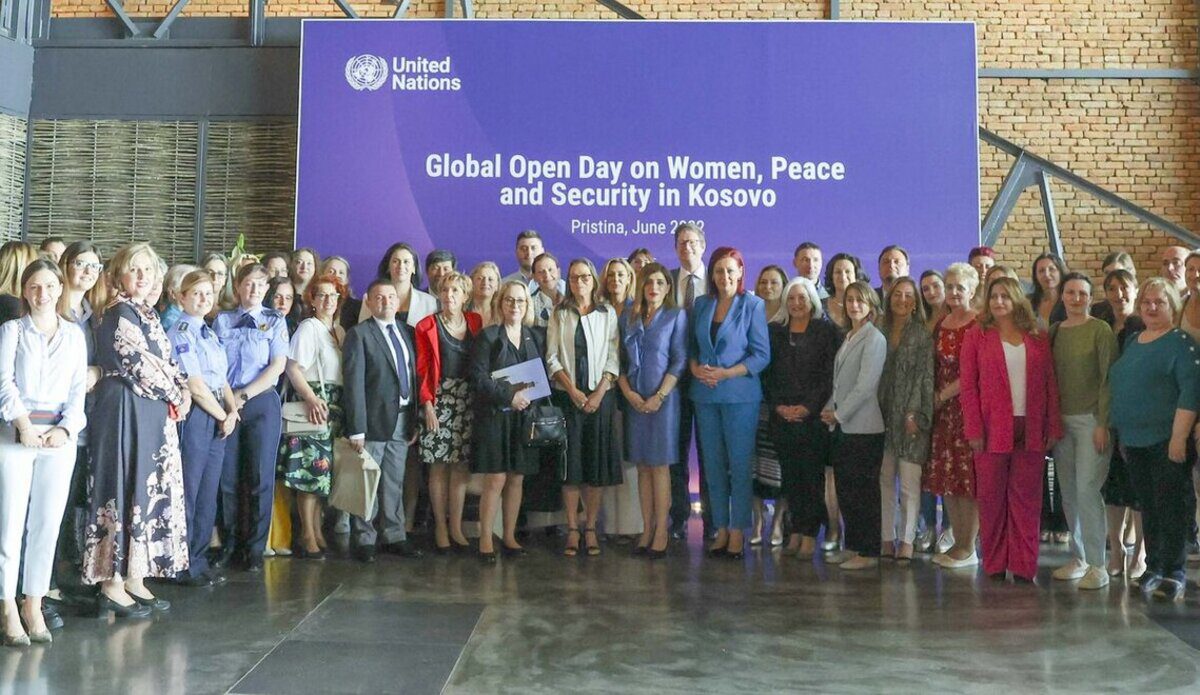This content discusses ten influential women in politics who have made history and shattered gender stereotypes. It begins with Jeannette Rankin, the first woman elected to the US Congress, and goes on to highlight women such as Golda Meir, the first female Prime Minister of Israel, Angela Merkel, the first female Chancellor of Germany, and Sirimavo Bandaranaike, the first female Prime Minister in the world. The content also includes women like Indira Gandhi, Benazir Bhutto, Jacinda Ardern, Ruth Bader Ginsburg, Margaret Thatcher, and Kamala Harris, all of whom have made significant contributions to their respective countries and have become role models for future generations.
1. Jeannette Rankin
Jeannette Rankin was a trailblazer in American politics as the first woman elected to the United States Congress. She served as a representative from Montana and took office in 1917, four years before women were granted the right to vote nationwide. Rankin was a pacifist, and her commitment to advocating for peace led her to become the only member of Congress to vote against both World War I and World War II. Her groundbreaking entrance into American politics opened doors for future generations of women.
2. Golda Meir
Golda Meir made history as the first female Prime Minister of Israel. She was a key figure in the formation of the state of Israel and played a vital role in its development. Meir’s political career included serving as the Minister of Labor, Foreign Minister, and eventually, Prime Minister from 1969 to 1974. She demonstrated her leadership skills during challenging times, such as the 1973 Yom Kippur War. Meir’s ability to navigate complex international relations and her commitment to the security and prosperity of Israel shattered gender stereotypes in the political arena.
3. Angela Merkel
Angela Merkel made history as the first female Chancellor of Germany, a position she held from 2005 to 2021. Merkel’s leadership during the European financial crisis and her resilience during the refugee crisis earned her worldwide recognition. Known for her pragmatic approach and scientific background, Merkel’s tenure as Chancellor saw Germany become an economic powerhouse while addressing environmental concerns. Merkel remains an inspiration and symbol of empowerment for women aspiring to hold prominent political positions globally.
4. Sirimavo Bandaranaike
Sirimavo Bandaranaike was a pioneer in South Asian politics as the first female Prime Minister in the world. She took office in Sri Lanka (formerly known as Ceylon) in 1960 and served three separate terms, making her the longest-serving female head of government. Bandaranaike’s political career was marked by her influence in shaping Sri Lanka’s foreign policy and championing social justice causes. Her achievements opened doors for subsequent female leaders in the region and established her as a national icon.
5. Indira Gandhi
Indira Gandhi created history in India as the country’s first and, to date, only female Prime Minister. She served India as Prime Minister from 1966 to 1977 and again from 1980 until her assassination in 1984. Gandhi’s leadership during significant events, such as the Indo-Pakistani War of 1971 and the declaration of a state of emergency, demonstrated her strong political acumen and determination. Despite facing criticism and challenges, Gandhi left a lasting impact on Indian politics, paving the way for future generations of women leaders.
6. Benazir Bhutto
Benazir Bhutto shattered glass ceilings in Pakistan as the first female Prime Minister of a Muslim-majority country. She served as Prime Minister twice, from 1988 to 1990 and from 1993 to 1996. Bhutto’s leadership brought significant changes in Pakistan’s social and economic policies, addressing numerous challenges faced by the nation. Her tragic assassination in 2007 was a devastating loss, but her legacy remains an inspiration for women across the world who strive to break barriers in politics.
7. Jacinda Ardern
Jacinda Ardern made history as the youngest female Prime Minister of New Zealand in over 150 years and only the second woman to hold this position. Since taking office in 2017, Ardern has gained international attention for her compassionate and inclusive leadership style. She led her country through national tragedies, such as the Christchurch mosque shootings, with empathy and strength. Ardern’s commitment to progressive policies, including environmental protection and social welfare, has set a benchmark for political leaders globally.
8. Ruth Bader Ginsburg
Ruth Bader Ginsburg was a trailblazer in the United States legal system as the second female Supreme Court Justice. Appointed in 1993, Ginsburg played a crucial role in shaping legal opinions on gender equality, reproductive rights, and civil liberties during her time on the bench. Her unwavering commitment to justice and equality made her an iconic figure, and she became a role model for women in the legal profession. Ginsburg’s impact extended beyond her legal career, inspiring women to engage with and challenge political systems.
9. Margaret Thatcher
Margaret Thatcher was a transformative figure in British politics as the country’s first female Prime Minister. Serving from 1979 to 1990, Thatcher implemented policies that changed the economic and political landscape of the United Kingdom, earning her the nickname “Iron Lady.” Her conservative ideology and strong leadership style faced both praise and criticism. Thatcher’s impact on British politics and her determination to break barriers inspired women to pursue political careers without fear of gender-based limitations.
10. Kamala Harris
Kamala Harris made history as the first woman, the first African American woman, and the first Asian American woman to hold the office of Vice President of the United States. Her groundbreaking election in 2020 showcased the progress made in breaking gender and racial barriers in American politics. Harris’s extensive experience as a prosecutor, attorney general, and senator equipped her with the necessary skills to address critical issues such as criminal justice reform and women’s rights. She remains an influential role model for girls and women aspiring to enter politics.
